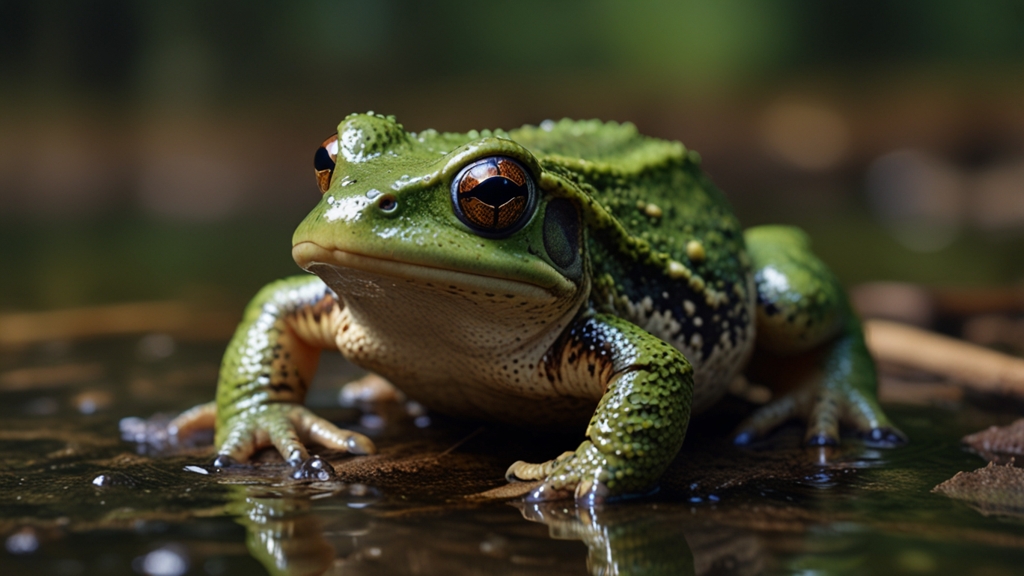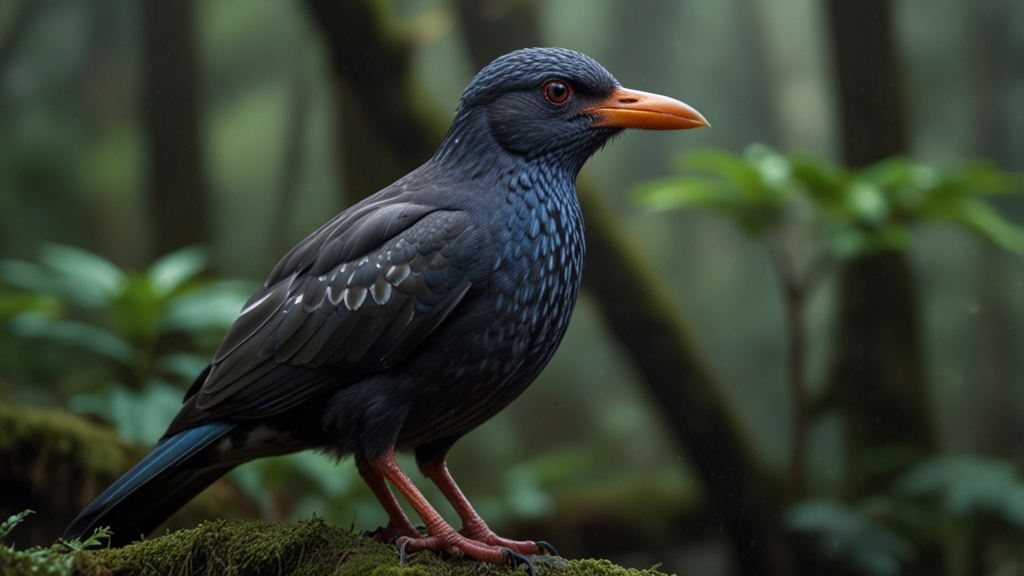Why You Should Care About Amphibians, Even If You're Not a Biologist
Amphibians, such as frogs, salamanders, and newts, may often be overlooked in our daily lives. However, these fascinating creatures play critical roles in our ecosystems, offer invaluable contributions to science, and even provide insights into human health. Here’s why you should care about amphibians, even if you’re not a biologist.
Environmental Indicators
Amphibians are considered excellent bioindicators. This means their presence, absence, or overall health can give us important information about the state of our environment. Because of their permeable skin, amphibians are highly sensitive to changes in their habitat, including water quality, temperature, and pollution levels. When amphibians start disappearing, it could be an early warning sign of environmental problems that could eventually affect other species, including humans.
“Amphibians are the proverbial canaries in the coal mine, signaling broader environmental issues that can impact entire ecosystems.”
Ecological Balance
Amphibians play a crucial role in maintaining the balance of their ecosystems. As both predators and prey, they help to control insect populations and provide food for other animals. By managing insect populations, they indirectly protect crops and reduce the spread of diseases like malaria and dengue fever, which are transmitted by mosquitoes.
Furthermore, amphibians contribute to nutrient cycling in their ecosystems. Their activities help decompose organic matter, promoting plant growth and maintaining soil health. Removing amphibians from an ecosystem can lead to overpopulation of certain pests and destabilize the local food web, leading to unforeseen consequences.
Medical and Scientific Contributions
Amphibians have made numerous contributions to medical science. Their unique biological properties have led to the development of new drugs and medical treatments. For instance, compounds found in amphibian skin secretions have been used in the development of antibiotics and painkillers. Some frog species even produce chemicals that have shown promise in treating conditions like cancer and HIV.
“Research on amphibians has yielded groundbreaking medical discoveries, highlighting their indispensable role in advancing human health.”
Conservation Efforts
The alarming decline in amphibian populations worldwide, due to factors like habitat destruction, climate change, pollution, and disease, has garnered attention from conservationists. Protecting amphibians not only preserves these remarkable species but also helps in maintaining biodiversity and the health of our planet.
By supporting conservation efforts, individuals can contribute to the preservation of amphibian habitats and promote research that aims to understand and mitigate the threats they face. Simple actions, such as reducing pesticide use, conserving water, and supporting wildlife-friendly initiatives, can make a significant difference.
Conclusion
Caring about amphibians extends beyond an academic interest; it's about recognizing their role in the grand tapestry of life. They are integral to environmental health, biological research, and even our well-being. By understanding their importance and taking steps to protect them, we contribute to a healthier planet and a better future for all species, including our own.
“The fate of amphibians is inextricably linked to our own. Protecting them is a step towards ensuring a sustainable and balanced world for future generations.”







